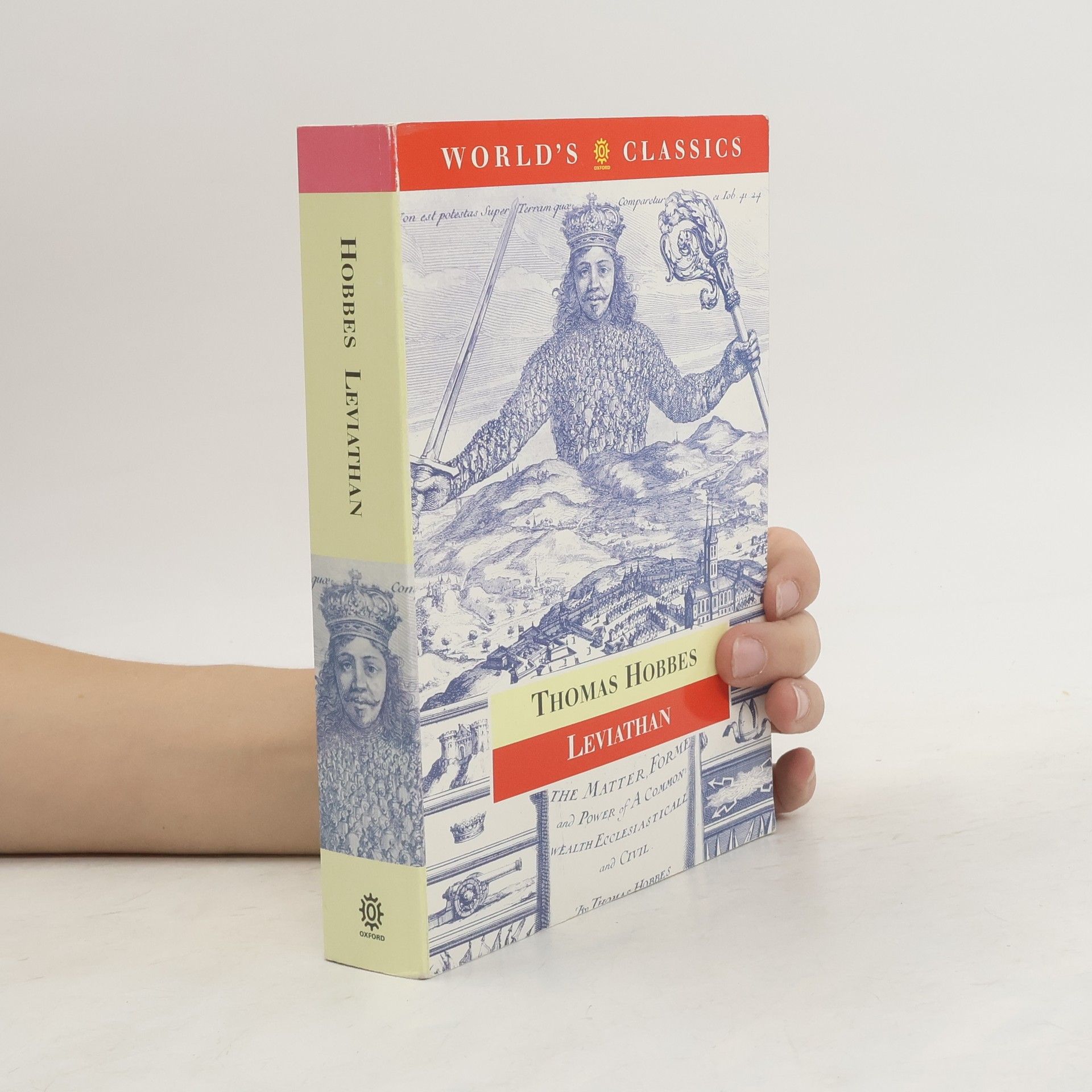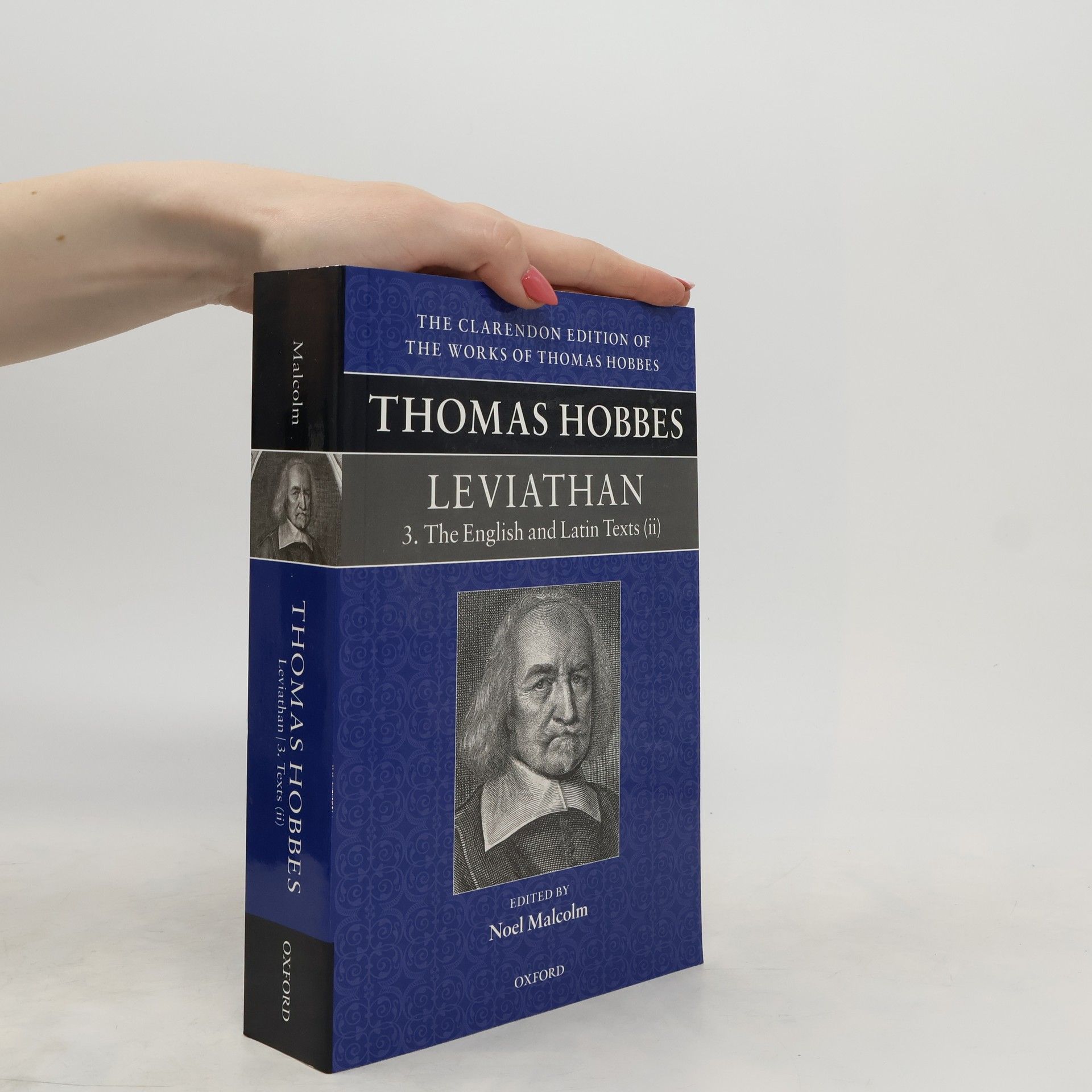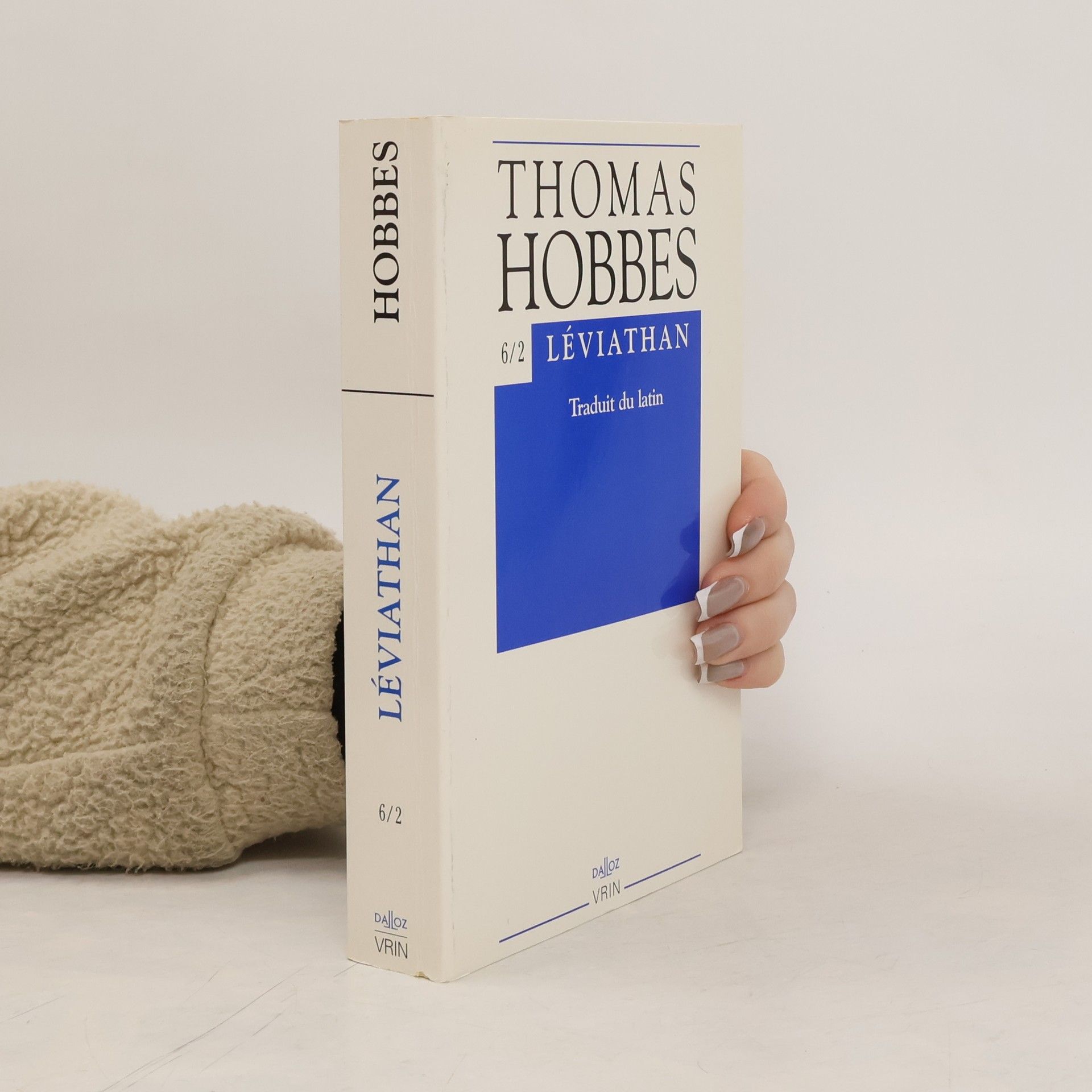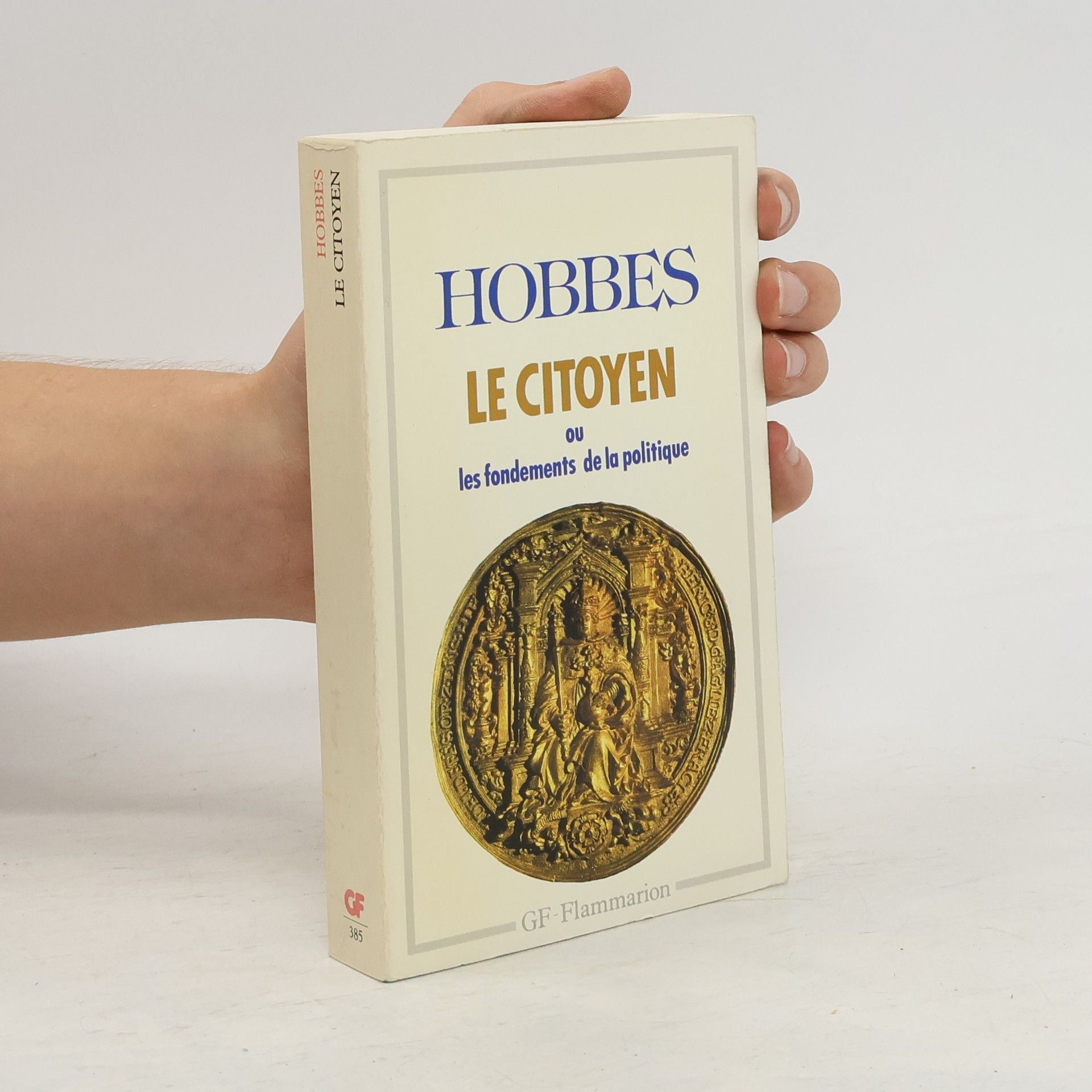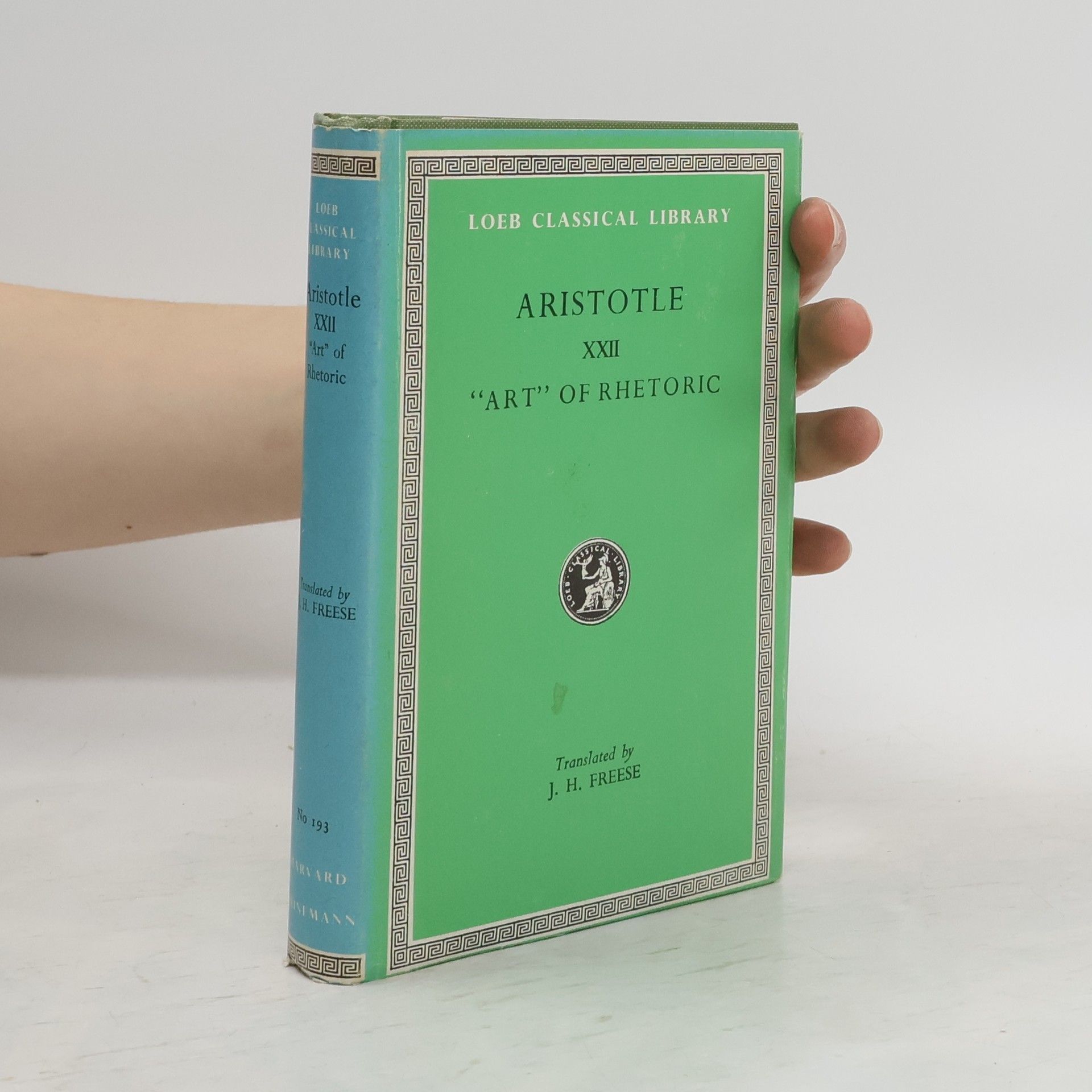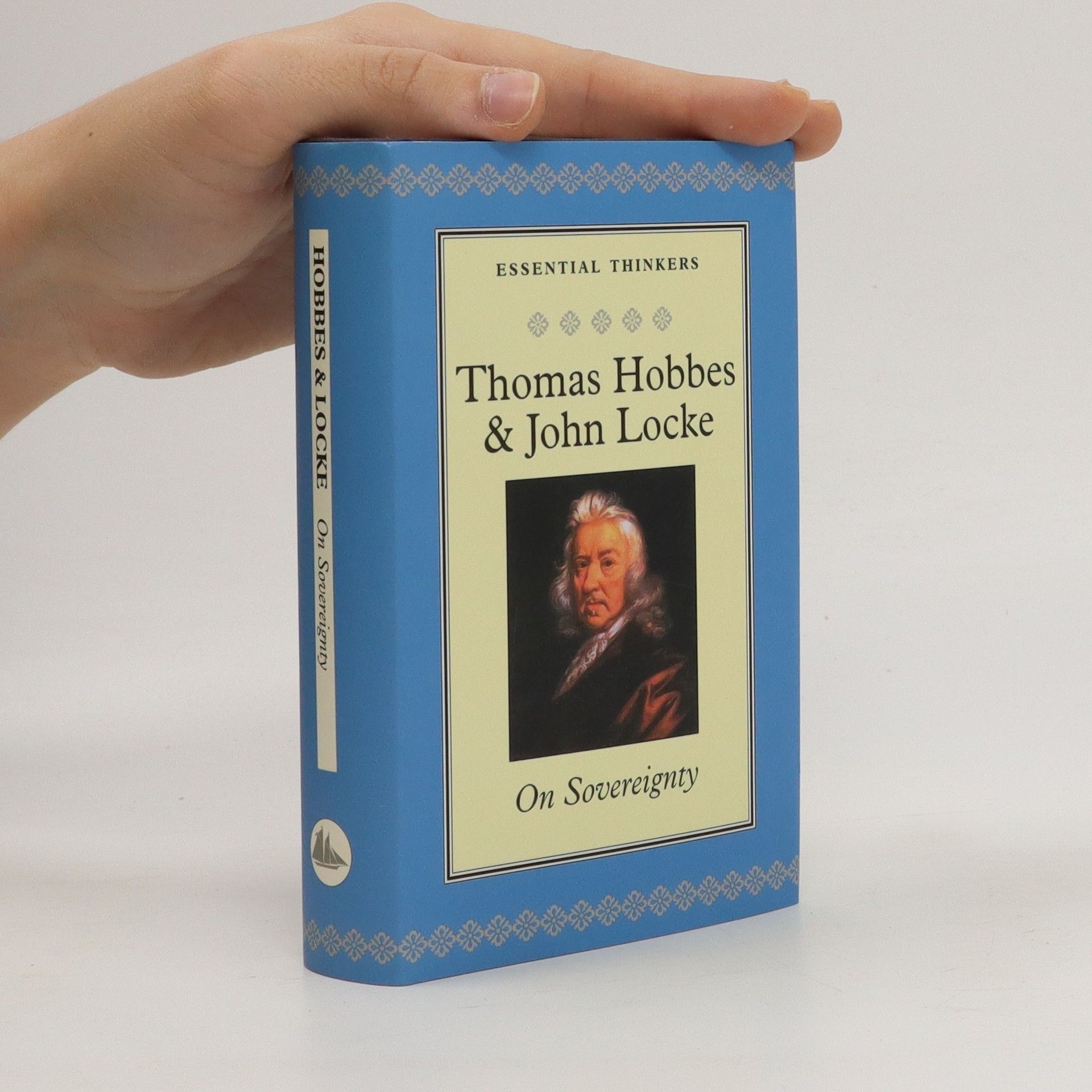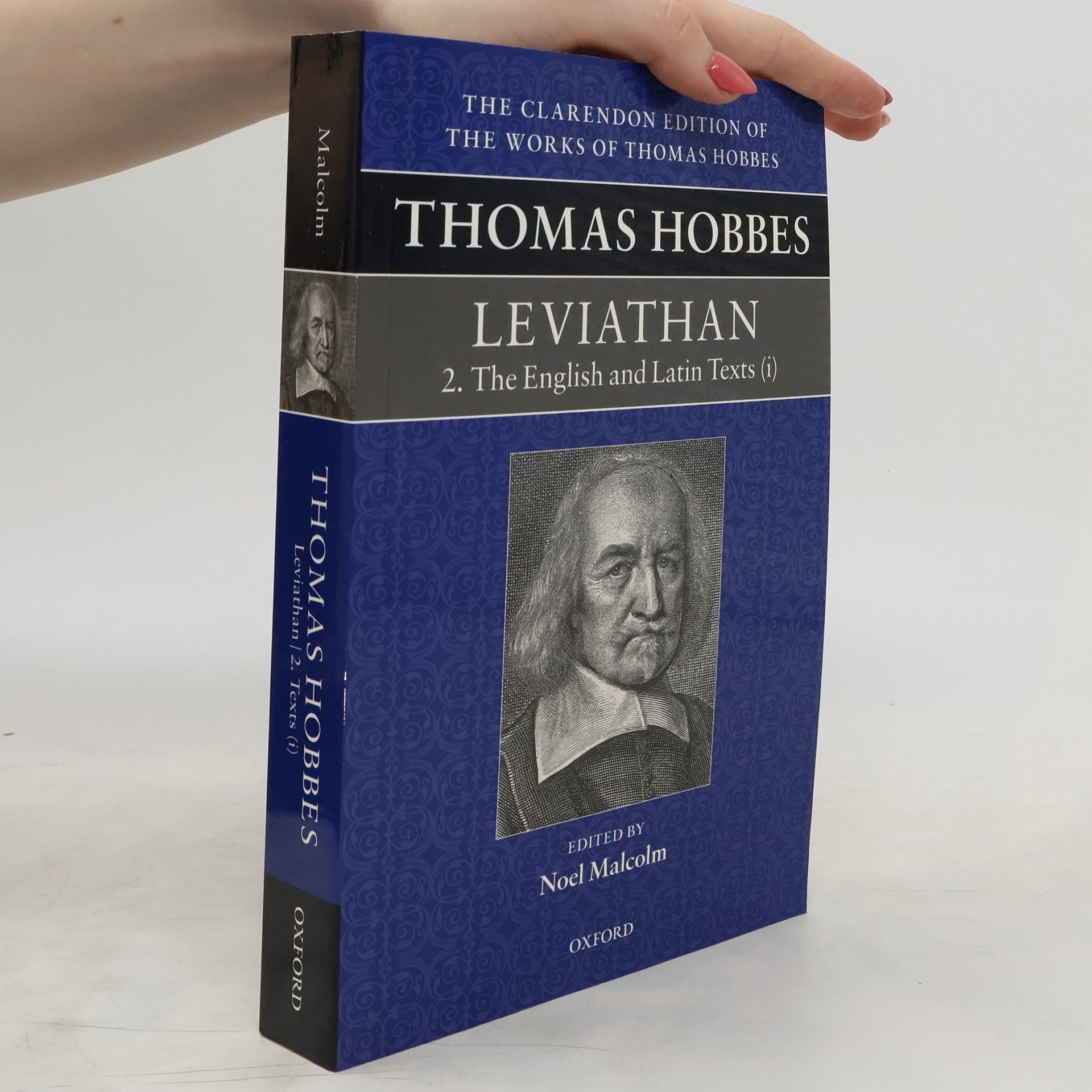Le Citoyen ou les Fondements de la politique
- 410pages
- 15 heures de lecture
Sans avoir la facture définitive du Léviathan, Le Citoyen (De cive) publié à Paris en 1642, en contient toutes les prémisses et en annonce les thèses ; la même logique politique y est le creuset de l'extraordinaire mutation que Hobbes opère dans le champ de la philosophie politique et dans le domaine de l'univers juridique. A la référence cosmologique et théologique du droit naturel classique, Hobbes substitue une référence anthropologique. Mais si l'homme est un loup pour l'homme en l'état de nature, il peut accéder au domaine du juste non pas contre l'empire de l'Etat, mais grâce à lui. Outre le texte du Citoyen, ce volume comprend l'article " Hobbes " du Dictionnaire historique et critique de Bayle et l'article " Hobbisme " que Diderot rédigea pour l'Encyclopédie.


